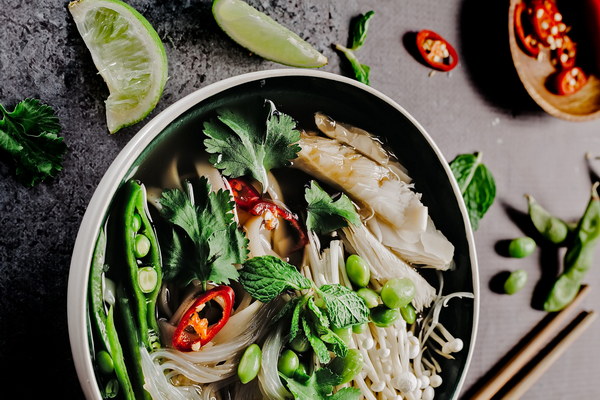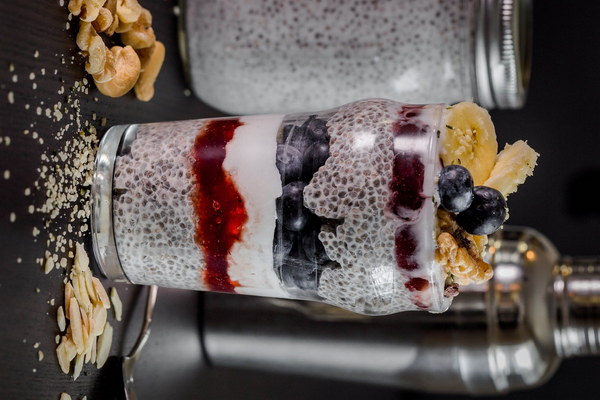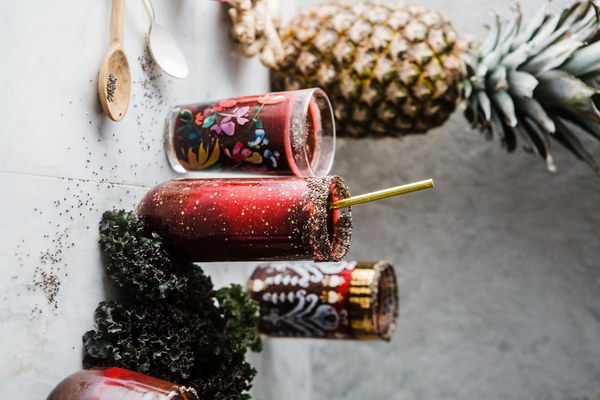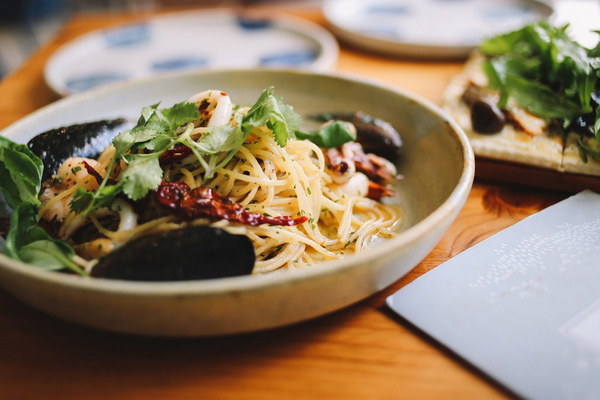Unlocking Vitality A Guide to Tonic Herbs for Boosting Qi, Blood, and Warming the Body
In the realm of traditional Chinese medicine (TCM), the concepts of Qi (vital energy), blood, and body temperature are of paramount importance. These fundamental elements are closely intertwined and influence our overall health and well-being. When Qi, blood, and body temperature are balanced, we experience vitality and resilience. However, when they are imbalanced, we may suffer from various ailments, such as fatigue, weakness, and discomfort. In this article, we will explore the concept of tonifying Qi, blood, and dispelling damp-cold, and how certain herbs can help us achieve balance and vitality.
First, let's delve into the concept of Qi, blood, and body temperature. Qi is the vital energy that flows through our body, maintaining our health and vitality. Blood, on the other hand, is the substance that nourishes our tissues and organs, providing them with the necessary nutrients and oxygen. Body temperature plays a crucial role in regulating our bodily functions and protecting us from external pathogens.
When these elements are out of balance, we may experience symptoms such as cold limbs, fatigue, weakness, lack of appetite, and poor sleep. To address these issues, TCM practitioners often recommend tonifying herbs that can help restore balance to the body.

One such herb is Astragalus (Astragalus membranaceus), a well-known adaptogen that can boost the immune system and enhance Qi. It is often used to treat conditions such as colds, flu, and chronic fatigue. Astragalus can also help improve circulation and reduce inflammation, making it an excellent choice for those suffering from cold limbs and poor circulation.
Another vital herb for tonifying Qi and blood is Ginseng (Panax ginseng). Ginseng has been used for centuries in TCM to boost energy, improve memory, and enhance overall vitality. It is particularly beneficial for those with fatigue, weakness, and poor concentration. Ginseng is also known for its ability to regulate blood sugar levels and improve cardiovascular health.
In addition to Qi and blood tonics, TCM practitioners also recommend herbs that can dispel damp-cold. Dampness refers to an excess of moisture in the body, which can lead to symptoms such as fatigue, bloating, and weight gain. Coldness, on the other hand, refers to a deficiency in body temperature, which can cause cold limbs, chills, and joint pain.
One herb that is particularly effective in dispelling damp-cold is Cinnamon (Cinnamomum cassia). Cinnamon has a warming effect on the body and can help improve circulation. It is also known for its ability to stimulate digestion and reduce bloating. Another excellent herb for dispelling damp-cold is Dong Quai (Angelica sinensis), which can help regulate menstrual cycles and alleviate symptoms of PMS.
To create a balanced formula for tonifying Qi, blood, and dispelling damp-cold, TCM practitioners may combine these herbs with other ingredients, such as Rehmannia (Rehmannia glutinosa) and Codonopsis (Codonopsis pilosula). Rehmannia is another Qi and blood tonic, while Codonopsis can help boost the immune system and improve energy levels.
In conclusion, tonifying Qi, blood, and dispelling damp-cold are essential aspects of traditional Chinese medicine for achieving balance and vitality. By incorporating these herbs into your daily routine, you can help restore harmony to your body and experience improved health and well-being. However, it is important to consult with a qualified TCM practitioner before starting any herbal regimen, as individual needs and conditions may vary.









